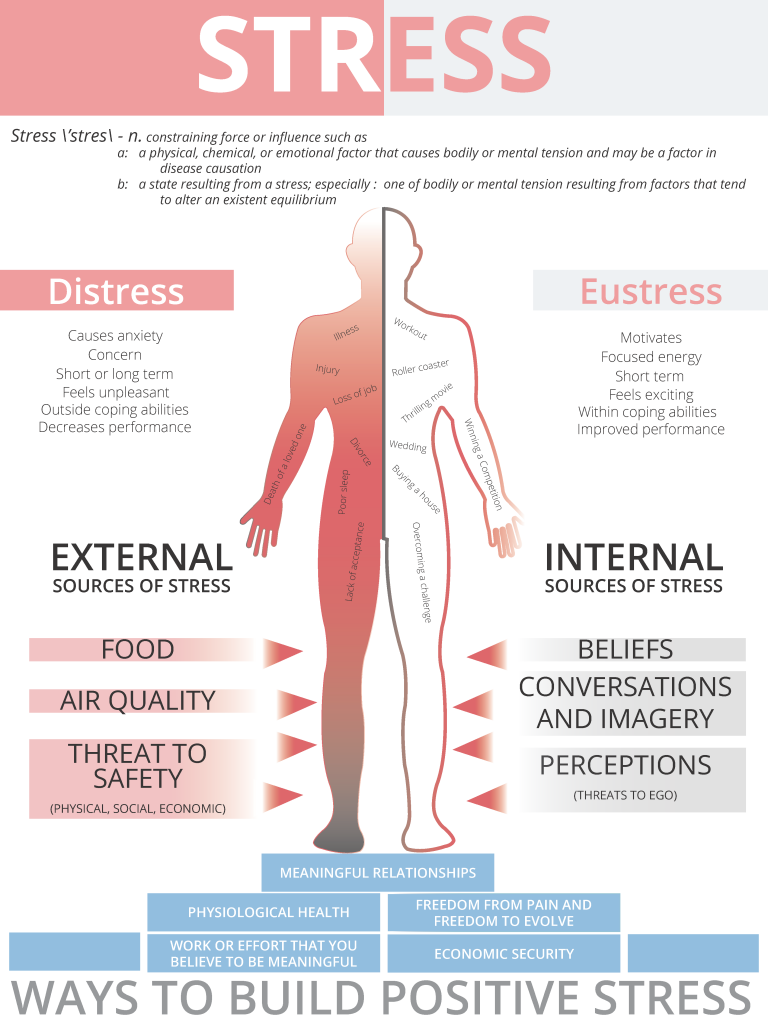Anxiety is one of the very most typical take ins folks encounter in their everyday lives. Whether it's work-related anxiety, financial tension, or partnership tension, we all experience it at some point. But what exactly is stress? And why does it occur? In this write-up, we'll explore the science responsible for tension and provide some pointers on how to deal with it.
What Is Stress?
Tension is a all-natural response to a perceived threat or difficulty. It's the body system's means of readying for action - whether that activity is dealing with off a predator or giving a discussion at work. When we experience anxiety, our bodies launch bodily hormones such as cortisol and adrenaline that cause a variation of physical feedbacks. These feature improved center fee, swift breathing, and enhanced awareness.
While stress and anxiety can easily be useful in certain conditions - such as when we need to be sharp and focused - constant or long term tension may have negative effects on our physical and mental health and wellness.
Trigger of Stress and anxiety
There are actually a lot of various trigger of stress and anxiety. Some typical triggers include:
- Work-related stress
- Monetary issues
- Partnership concerns
- Health and wellness concerns
- Primary lifestyle modifications (such as relocating residence or beginning a new project)
Everyone experiences stress in a different way, so what may be nerve-racking for one individual may not be for another.
How Does Stress Have an effect on Our Health?

When we experience constant or prolonged stress and anxiety, it can possess unfavorable results on both our bodily and psychological health and wellness. Some prospective results consist of:
- Enhanced threat of heart ailment
- Stressed invulnerable body
- Digestive system problems
- Problems
- Anxiety and depression
Coping along with Tension
While it's inconceivable to completely do away with stress and anxiety coming from our lives (and in simple fact, some level of stress can be useful), there are actually points we can carry out to a lot better handle our feedbacks to difficult conditions. Reference are some pointers:
1. Determine Your Triggers
The first action in dealing with worry is to pinpoint what activates it for you. This might be a particular work condition, a certain individual, or even only the feeling of being overwhelmed. Once you understand what your triggers are, you may start to cultivate methods for taking care of them.
2. Method Relaxation Techniques
Relaxation procedures such as deep-seated breathing, mind-calming exercise, and doing yoga can be valuable in lessening stress and anxiety levels. These techniques aid switch on the body system's relaxation feedback, which combats the results of the stress response.
3. Work out On a regular basis
Frequent physical exercise has been presented to be an helpful way of reducing stress amounts. Workout aids to discharge endorphins - chemicals that ensure emotions of joy and well-being - as effectively as minimizing cortisol degrees.
4. Get Enough Rest
Rest is crucial for both our physical and mental wellness, and receiving sufficient sleep is important for dealing with tension amounts. Intend for 7-9 hrs of rest every evening and attempt to develop a normal rest routine.
5. Look for Support
Speaking to buddies or family participants about your stressors can be beneficial in lessening feelings of isolation and anxiousness. If you're havi